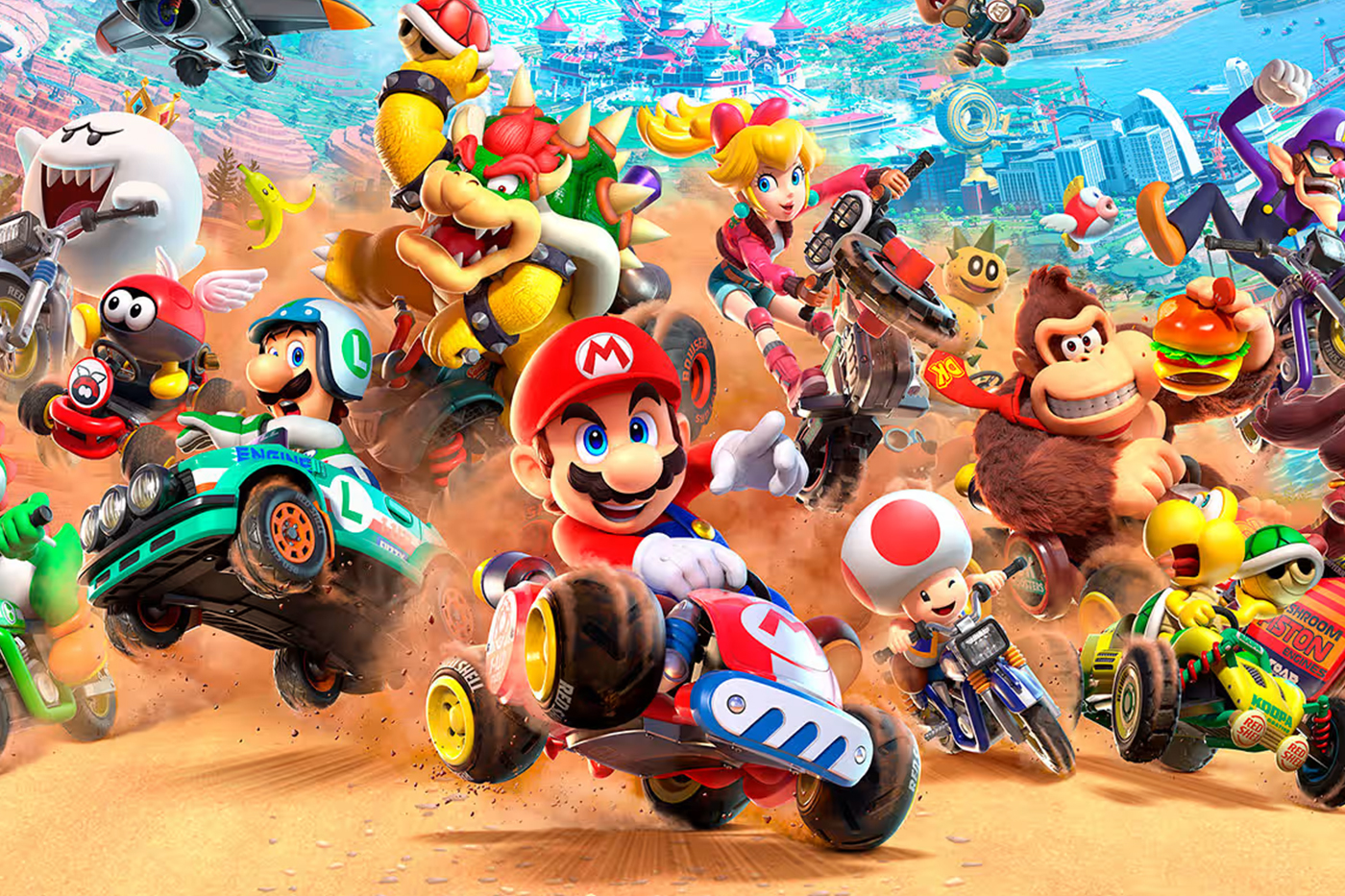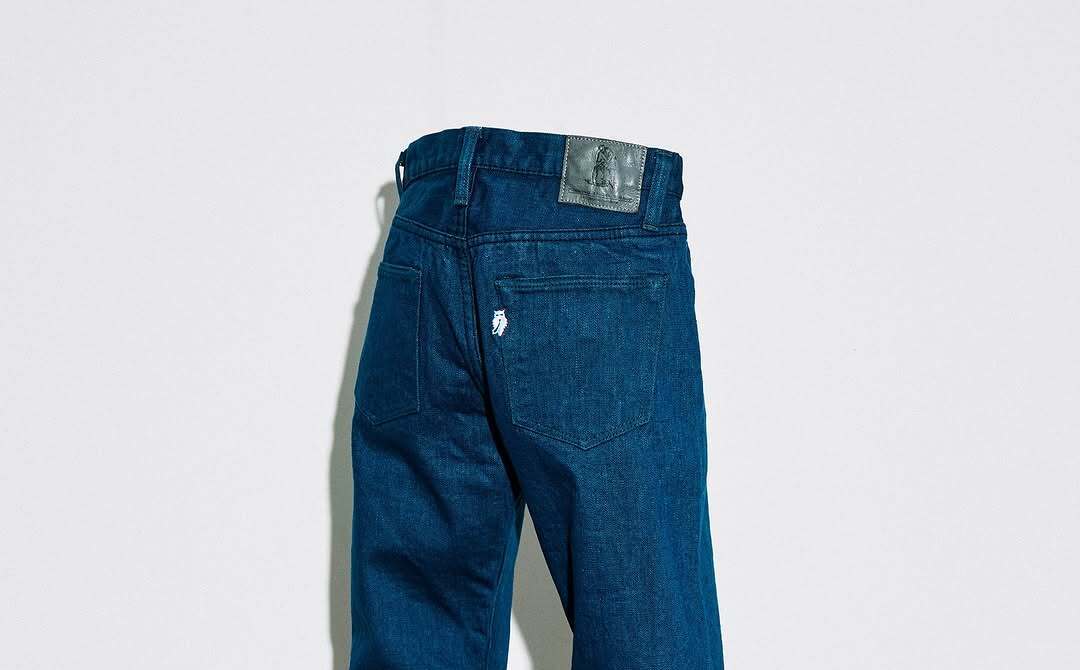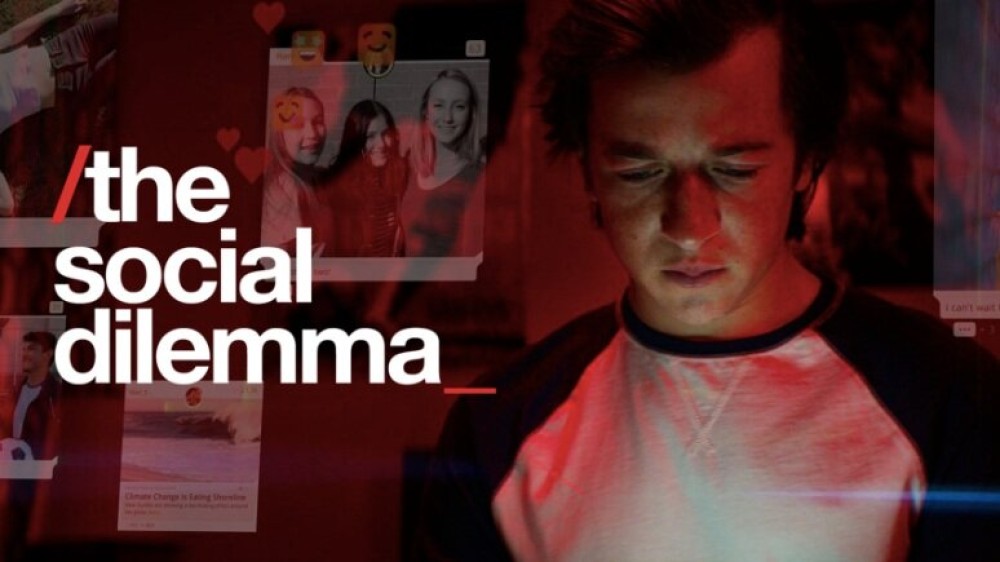
Ever heard the saying, “You are what you eat”? In essence, one’s diet has to consist of good food in order to be fit and healthy. It’s logical cause and effect.
This and the latest buzz around the controversial Netflix documentary, The Social Dilemma, got me thinking about my social media diet (it’s called a social media “feed,” after all). Checking yesterday’s consumption, I spent 3 hours 55 minutes on my phone – and most of it was on Instagram for a staggering 1 hour 55 minutes.
To explain how we’ve become hooked, Trevor Haynes writes on the Harvard University Graduate School of Arts and Sciences, that social networks leverage the very same neural circuitry used by slot machines and cocaine to keep us addicted. Likes, comments and shares are successful social interactions that activate dopamine, a feel-good chemical released by our brain to motivate behaviour.
This is deeply disturbing. As a five-year sober yoga teacher, I had thought of myself as healthy. And yet, my daily social butterfly-ing is more than I spend on my yoga mat. I would’ve burned 41,975 minutes being #blessed by year-end. That’s 700 hours of my life, or a 29-day month on a leap year.
In the old days (pre-2020), a month was exactly what I would’ve needed to embark on my lifelong dream touring Europe or South America. Instead, I’m stuck on my phone, getting morbidly obese on seeking other people’s approval. So, how to get unstuck?
Pick better ingredients
If you use your phone as an alarm clock, the first thing you probably do upon waking is to check WhatsApp, Instagram and/or Facebook (the prime ingredients to start your day). However, these messaging apps can particularly fray one’s mental health as other people’s priorities are served piping hot like a breakfast plate.
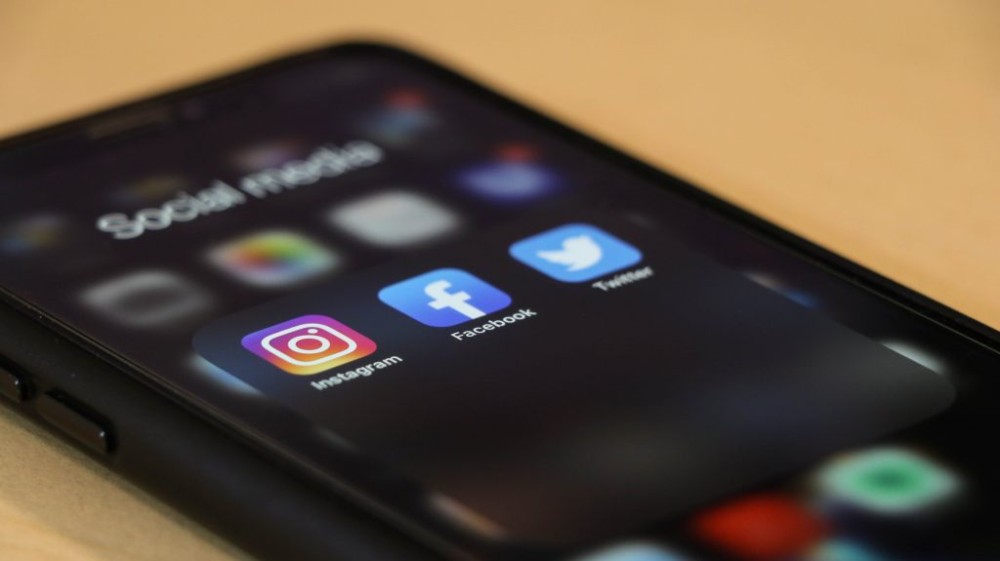
How can you resist organising a to-do list around other people’s needs, demands, opinions or pithy remarks – before you’ve even decided what you want out of your own day? And let’s not even get started on the unnecessary and uninvited anxiety caused by being “seen-zoned” – those blue ticks that have been read but left unanswered.
Instead, use an actual alarm clock. You deserve a more peaceful and serene start to your day – try some mindful, deep breathing followed by a simple gratitude meditation.
No snacking
Although throwaway remarks to someone’s comment on your Instagram doesn’t seem to take a lot of time, when compounded, they can hugely impact your productivity.
Think of all the casual, virtual interactions you’re roped into on a daily basis, and how these seemingly minute moments prevent you from reaching what psychologists call “flow.” It’s that magic moment of crystal clarity when you’re so focused on the task at hand, everything else disappears. You can’t get into the zone by “social snacking.”
First, turn your notifications off. You don’t need an algorithm to let you know that 37 people liked your photo. Second, set a time to batch your socials together. Replying to DM’s, responding to comments, sending happy birthday wishes, scrolling through likes and shares… These activities are of a similar type and can be done all in one go.
Limit your intake
To lose weight, simply burn off more calories than you eat. But it’s not just the calorie count we must be mindful of – it’s also the quality. High-yield activities on social platforms include content creation, which stimulates creativity and allows people to relate with you; and positive engagement with communities. These are good calories. They build social muscle.
On the other hand, endless scrolling, trolling, participating in memes and quizzes, seeking validation, etc. are low-yield activities. These are empty calories that should be taken off your diet. If you don’t have valuable content to share, remember that you don’t need to add to the infinite pile of social spam that already exists. Your worth as a human being does not depend on your social media presence, or lack thereof.
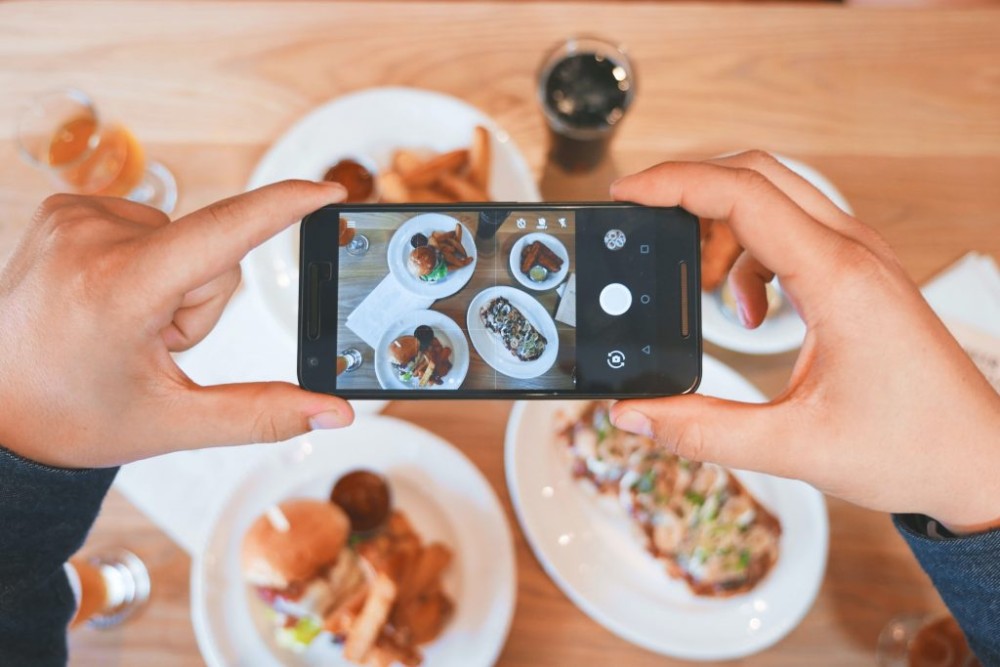
According to a study conducted on University of Pennsylvania students by the Journal of Social and Clinical Psychology, limiting social media use to approximately 30 minutes per day resulted in significant reductions in loneliness and depression. Less social comparison, less #FOMO. Despite what you might see on Instagram, not everyone else’s life is cooler than yours.
To boost your wellbeing, shave low-yield activities off your social hang time. Be truly fastidious about what you’re willing to work and focus on.
Eat clean
Just as we discard junk food from our fridge and pantry when we hope to eat clean, so must we be extra-fussy with what we allow on our feed. Toxic people? Unfriend. Boastful Bobs? Block. Negative Nancies? Unfollow. Noisy group chats? Mute.
In social situations, both online and offline, it pays to observe who we’re with when we’re feeling our best – and also who we’re with when we’re at our worst. From here, we can begin to curate the types of people, energy and presence we wish to have on our feed.
Fast intermittently
The single, easiest way to claw back precious minutes of your time and sanity from social media, is to not always be online.
First, create opportunities to leave your phone at home for at least a couple of hours. Go to the gym without taking a sweaty selfie. Have brunch with your BFF while having proper, nuanced conversations. Flip through a magazine in a cafe and experience everything with your senses without having to hashtag #coffeeshopvibes.
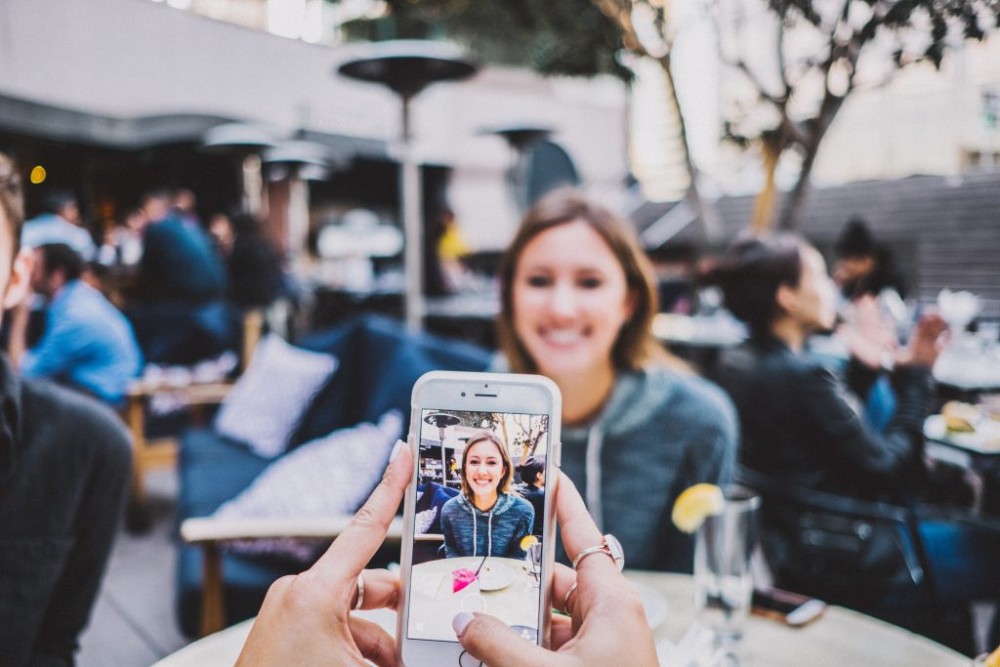
Build social media resistance. It’s a muscle, just the same. And the more you resist, the stronger you get.
Second, set a time to turn your phone off. Just as late-night eating often results in poor food choices, late-night social media activity is often a patch for anxiety, stress, loneliness or boredom. Instead, put on some soft music. Empty your thoughts into a journal. Rub a relaxing sleep balm onto your temples and wrists.
One way I can tell for sure that my social media diet is sound, is when I wake up the next day feeling like I haven’t got a hangover.
James Gannaban (@jamesgannaban) is an Instagram addict who’s putting himself through social rehab.



